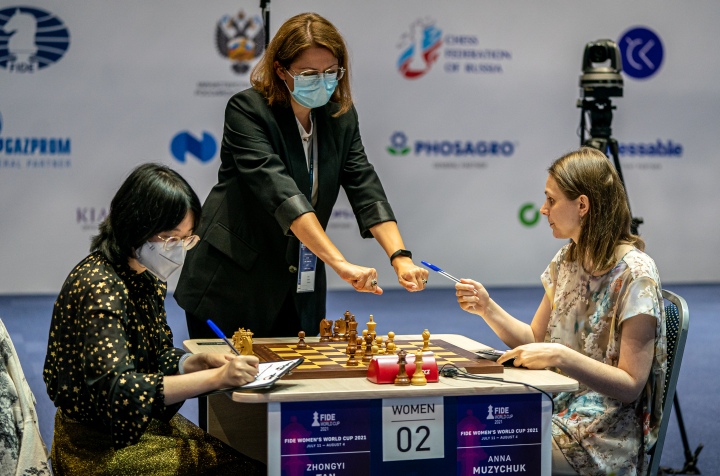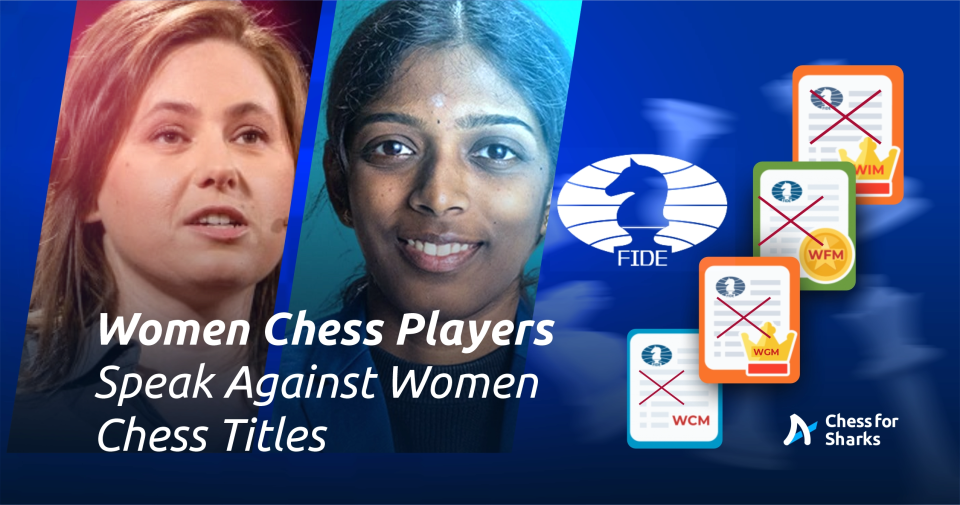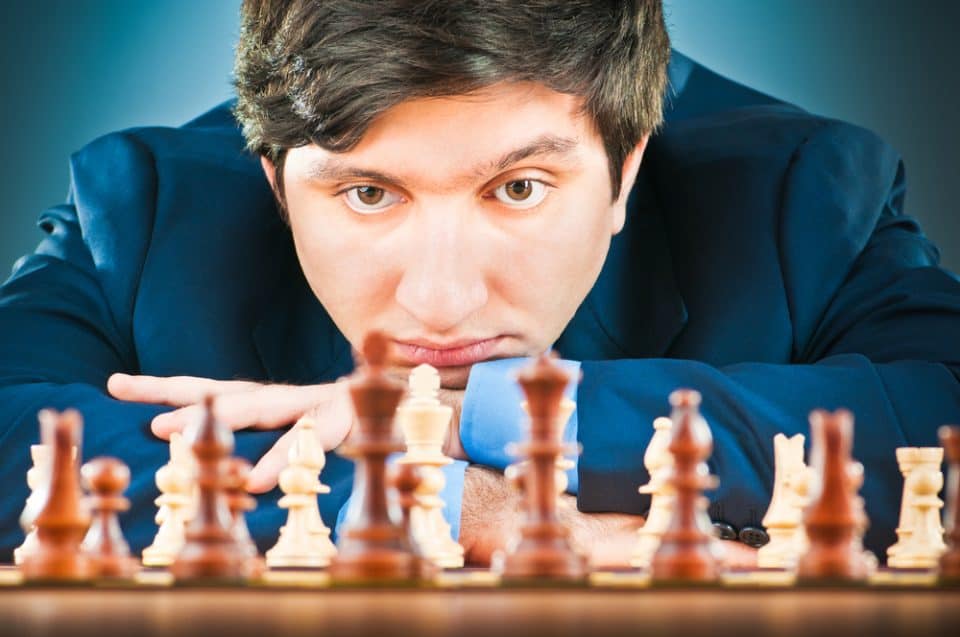Arbiters are highly trained referees with official certification from the World Chess Federation (FIDE), who ensure games adhere to the FIDE Rules of Chess.
If you like to become an arbiter for international or rated games, passing the certification requirements from FIDE is the only way to go.
Once you’ve obtained FIDE certifications, you can start to officiate at international chess events. Learn more from the FIDE handbook.
Becoming a chess arbiter involves extensive training, knowledge, and dedication to upholding the integrity of chess tournaments. This involves both practical experience and attending workshops.
So, what are their main roles and duties? Let’s see this in more detail.
They Uphold the Rules of Chess
The rules of chess are the basic regulations all players must abide by during a competition, from how a game should be played to penalties applied.
This indirectly extends to the playing venue, prize money, invitations, and the format of competitions.
A chess arbiter is tasked with ensuring that these regulations are obeyed to maximum length.
For example, If a player makes no valid excuse for pausing their clock, the arbiter may penalize them.
In another example, if one player loses their flag and the arbiter confirms that their opponent cannot win via normal means, a draw shall be declared.
They Engage in Dispute Resolution
Chess arbiters must possess excellent communication and conflict resolution skills, being impartial when disputes or rule violations arise, and making decisions quickly while remaining calm under pressure.
They Look Out for Signs of Cheating
One of the primary responsibilities of a chess arbiter is to prevent cheating in games.
They do this by closely observing players and their activities; taking accurate notes; and reporting any suspected instances of cheating to an anti-cheating arbiter for further investigation with subsequent action taken accordingly.
They Help To Put Tournament Playing Areas in Place
Chess arbiters must ensure the playing site is prepared for an event by performing inspections of equipment – including boards, pieces, score sheets, and pens – prior to their use in tournament play.
They should also make sure there is adequate lighting and ventilation at the venue.
International chess arbiters might need to travel across the world for tournaments and matches, and be willing to work long hours under different cultures and languages.
Final Thoughts
In summary, the primary goal of any chess arbiter is to understand and uphold chess rules in an equitable manner, and manage conflicts fairly.
You may also want to read:







join the conversation